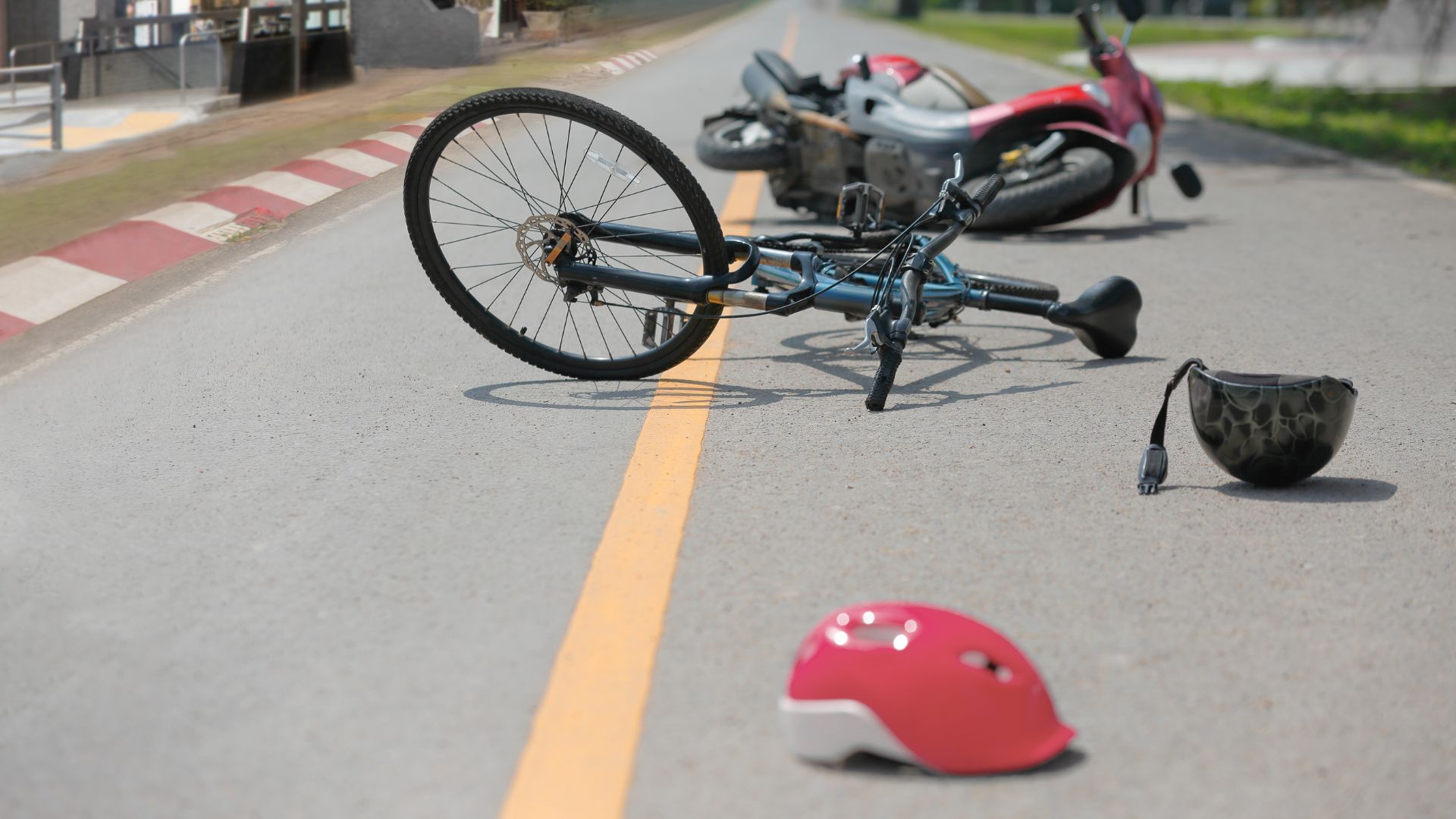
If a motorcycle crash in Florida injured you, you might be asking how Florida helmet laws affect your ability to pursue compensation. The short answer is that helmets are not required for every rider, but the decision to wear one can influence both your safety and how damages are calculated in a personal injury case. Understanding the intersection of helmet laws and liability clarifies what to expect when bringing a claim.
Current Helmet Laws in Florida
Florida law requires helmets for riders under 21 years old. Riders aged 21 or older may choose not to wear helmets if they carry at least $10,000 in medical insurance coverage. Eye protection, such as goggles or a face shield, is required for all riders regardless of age or insurance status.
These helmet laws in Florida strike a balance between rider choice and basic safety obligations. The rule means you can legally ride without a helmet in some circumstances, but your decision can still affect how insurers and courts view your injury claim.
How Helmet Use Affects Injury Risk
Medical research has repeatedly shown that helmets reduce both the frequency and severity of head injuries. The National Highway Traffic Safety Administration estimates that helmets are about 37% effective in preventing fatal injuries to motorcyclists and about 41% effective for passengers. A 2023 study published in the Journal of Safety Research also found that states with universal helmet laws reported significantly lower traumatic brain injury rates than states with partial laws.
This data demonstrates that while Florida law allows certain riders to forgo helmets, the medical evidence makes clear that helmets drastically reduce the risk of severe harm. Connecting this fact to your personal injury claim, the extent of your injuries may be evaluated in part by whether you were wearing protective equipment.
Florida Helmet Laws and Their Impact on Claims
Your choice to wear or not wear a helmet can affect the outcome of your motorcycle accident claim in several ways. Courts and insurance companies may consider whether your injuries would have been less severe if you had worn protective gear.
- Comparative negligence. Florida follows a modified comparative negligence rule. Not wearing a helmet does not make you at fault for causing the accident, but it can reduce your recovery if the evidence shows it made your injuries more severe.
- Damages calculations. Your compensation can be reduced by the percentage of fault attributed to you. For example, if you are 20 percent responsible for the severity of your injuries due to not wearing a helmet, your award will be reduced by 20 percent.
- Settlement negotiations. Insurers often argue that riders who fail to use safety equipment should receive less compensation. You may need strong legal arguments and medical testimony to counter these claims.
How Florida helmet laws interact with negligence rules makes your case more complex, but does not automatically prevent you from recovering damages.
Liability Questions in Helmet-Related Cases
Determining who caused the crash and who is liable for injuries remains the central question. Even if you were not wearing a helmet, the other driver’s actions are still evaluated first. If motorists fail to yield, run a red light, or drive under the influence, they remain primarily responsible for the collision.
Courts decide who caused the crash first. Only after the fault is assigned do they consider whether not wearing a helmet made your injuries worse. This distinction is important because it means you may still recover significant compensation even if you were not wearing a helmet at the time of impact.
Common Disputes Involving Helmet Use
Several arguments arise frequently in claims involving helmetless riders. Understanding them helps you anticipate insurer tactics:
- Extent of brain injury. Insurers often argue that a helmet would have lessened the damage. Medical experts are frequently used to evaluate whether this is true.
- Comparative fault percentage. Companies may push for a high percentage of fault against the rider to reduce payouts. Clear medical and biomechanical evidence is critical in limiting this reduction.
- Compliance with insurance requirements. If you were over 21 and chose not to wear a helmet, insurers sometimes challenge whether your medical insurance met the $10,000 requirement under the statute. Proof of coverage at the time of the crash is essential.
Knowing these arguments prepares you to gather the evidence that supports your case.
The Role of Medical and Legal Documentation
Protecting your rights requires careful documentation. Medical records show the nature and extent of your injuries. Insurance records confirm whether you met Florida’s statutory requirements if you were not wearing a helmet. Accident reports and witness statements help demonstrate how the crash happened and establish liability.
Combining medical, legal, and insurance evidence puts you in the strongest position to argue that your injuries, compensation, and future care deserve full consideration under Florida law.
Taking Steps After a Crash
After a motorcycle crash, your actions influence both your health and the strength of your claim.
You should take the following steps immediately:
- Get medical attention right away and keep all diagnostic records;
- Report the collision to law enforcement and request a copy of the crash report;
- Save proof of your helmet use or your qualifying medical insurance; and
- Document injuries with photographs and personal notes about symptoms.
- Notify your insurance carrier, but avoid recorded statements until you understand your rights.
Following these steps preserves the evidence needed to counter attempts to reduce your compensation based on helmet use.
Talk to a Florida Motorcycle Accident Lawyer Today
Helmet laws in Florida add another layer of complexity to motorcycle accident claims, and insurers often try to use them against riders. Even if you were not wearing a helmet, you may still be entitled to significant compensation, but proving your case requires timely action and substantial evidence. At Maranatha Law, we know how to address these disputes and fight for the recovery you deserve.
Call today for a free consultation and let us protect your rights from the start.



